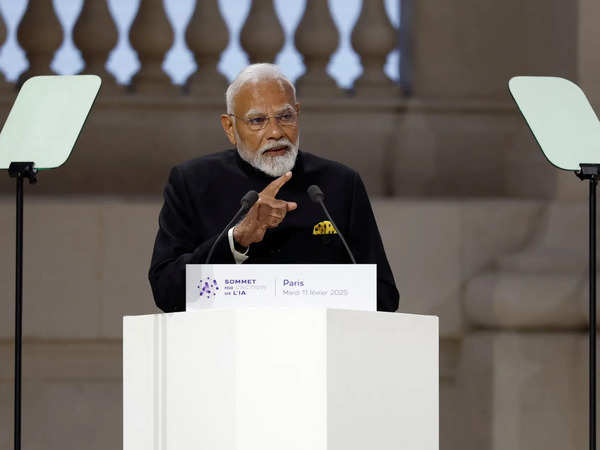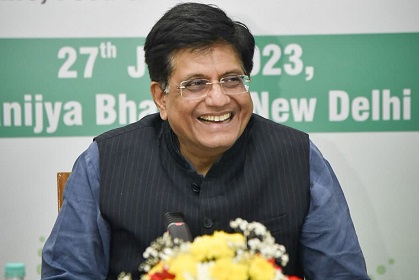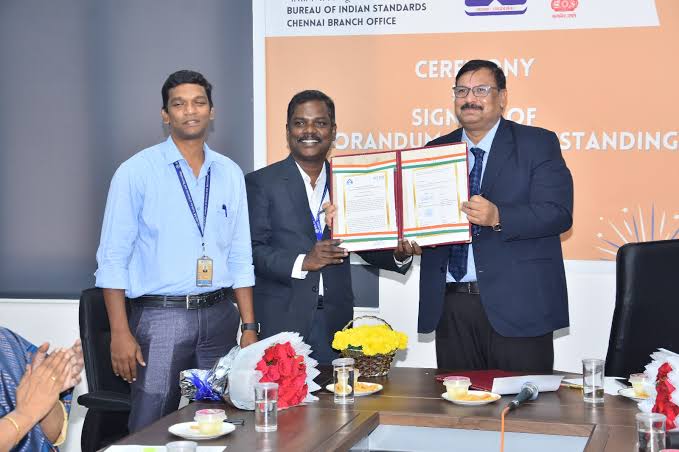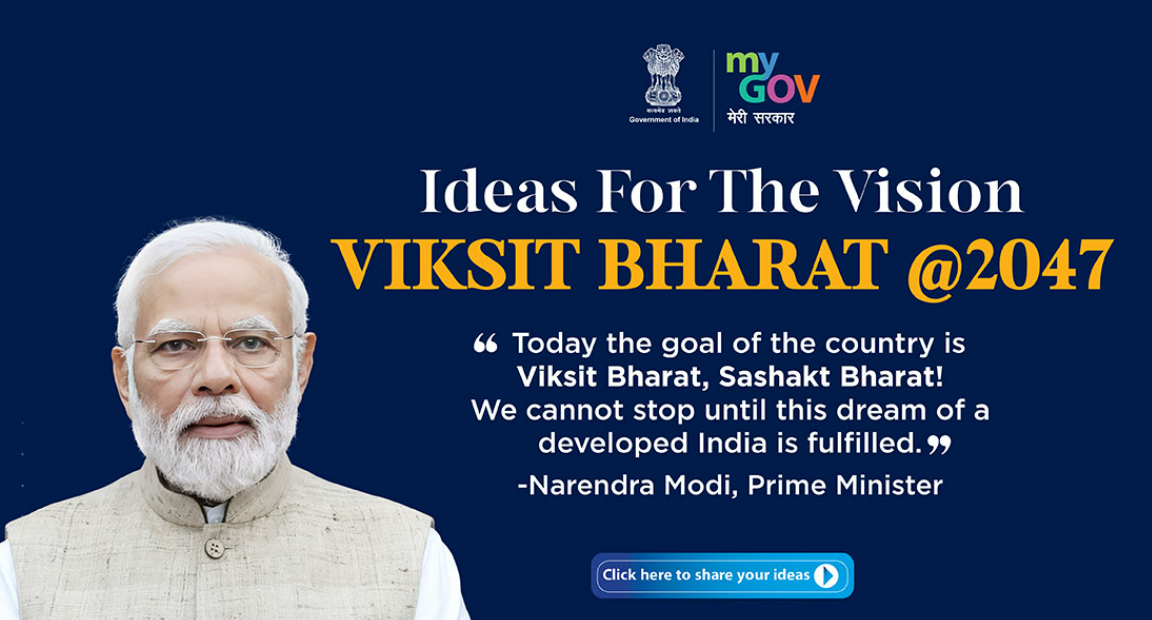At the AI Action Summit in Paris, Prime Minister Narendra Modi underscored the far-reaching influence of artificial intelligence, describing it as a force that is shaping politics, the economy, security, and society. As a co-chair alongside French President Emmanuel Macron, Modi called for a collaborative approach to AI governance, emphasizing the need for shared values, risk mitigation, and trust-building in this rapidly evolving field.
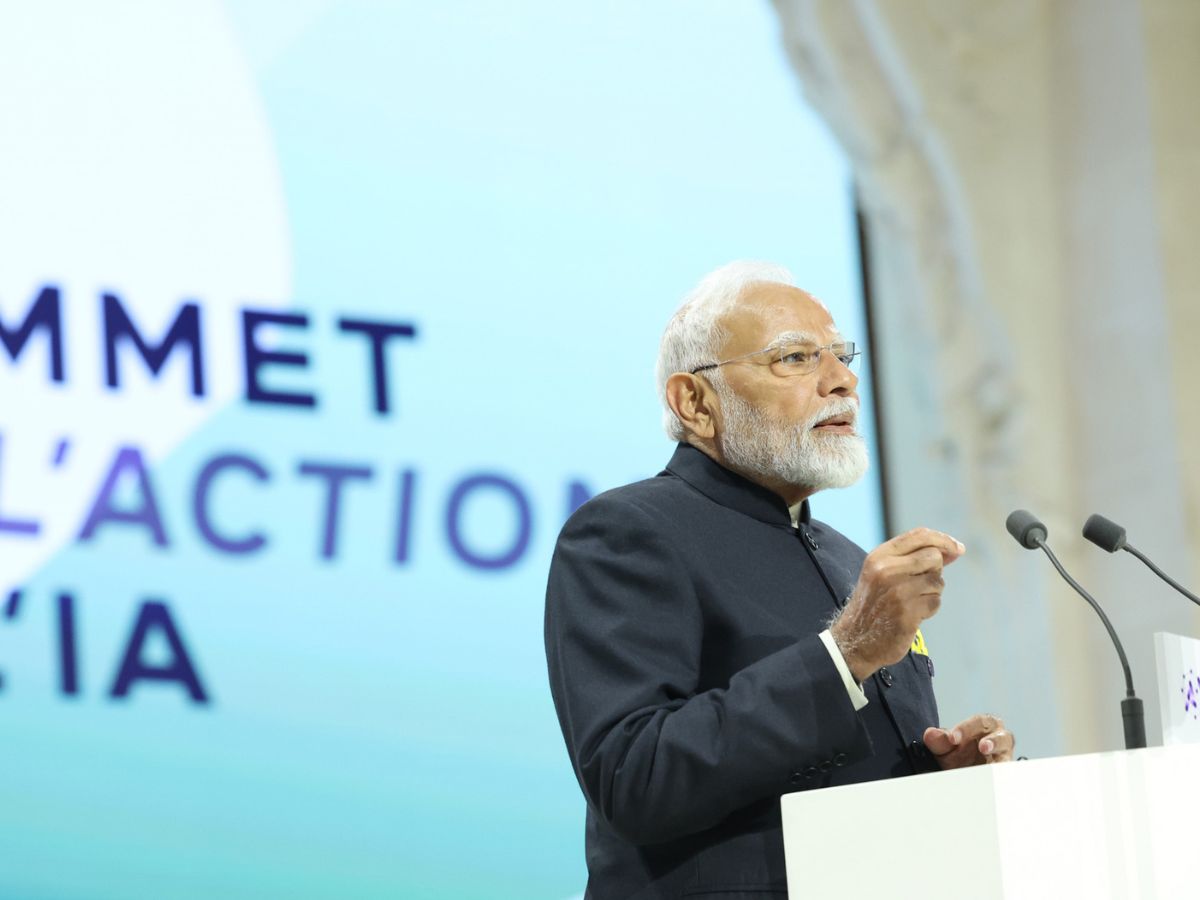 Addressing a distinguished audience that included leaders such as US Vice President J. D. Vance, UN Secretary-General António Guterres, and European Commission President Ursula von der Leyen, Modi reassured that while AI’s rapid development sparks concerns about machines surpassing human intelligence, the responsibility for the future ultimately rests with humanity. He urged for responsible innovation, ensuring AI serves global progress rather than exacerbating inequality.
Addressing a distinguished audience that included leaders such as US Vice President J. D. Vance, UN Secretary-General António Guterres, and European Commission President Ursula von der Leyen, Modi reassured that while AI’s rapid development sparks concerns about machines surpassing human intelligence, the responsibility for the future ultimately rests with humanity. He urged for responsible innovation, ensuring AI serves global progress rather than exacerbating inequality.
The prime minister acknowledged fears surrounding job losses due to automation, a common concern in the AI discourse. However, he highlighted historical patterns where technology did not eliminate jobs but transformed their nature, creating new opportunities. To prepare for this shift, he advocated for investment in skill development and workforce adaptation, ensuring that people are equipped for an AI-driven future.
Modi also stressed the need for equitable AI access, particularly in the Global South, where resources such as computing power, skilled talent, and financial backing are often lacking. He urged for a democratization of technology, promoting open-source systems, unbiased data sets, and localized AI applications that align with community needs. Addressing concerns over cyber security, misinformation, and deepfakes, he called for robust frameworks to counter these emerging challenges.
Sustainability in AI development was another critical point in Modi’s speech. He acknowledged AI’s high energy demands and the importance of powering its future with green energy. Reflecting on India’s collaboration with France in the International Solar Alliance, he positioned the expansion into AI as a natural step from sustainability efforts to technological innovation. He also emphasized the need for efficient and resource-conscious AI models, pointing out that the human brain achieves remarkable feats with minimal energy consumption.
Highlighting India’s AI advancements, Modi noted that the country has built a low-cost digital public infrastructure serving over 1.4 billion people. This system, structured around an open and accessible network, has modernized the economy, reformed governance, and improved lives. He detailed India’s unique approach to AI, which includes a public-private partnership model providing affordable computing power to startups and researchers.
Underlining India’s leadership in responsible AI development, Modi referenced the country’s G20 presidency, during which it built consensus on AI governance. With one of the world’s largest AI talent pools and ongoing work on an indigenous large language model, India is positioning itself as a global AI leader. He assured that India is ready to share its expertise to ensure AI serves the greater good.
The AI Action Summit marks a significant moment in global AI diplomacy, with India’s co-chairing role reflecting its growing influence in the technological landscape. As the summit concluded, Modi and Macron prepared for further discussions at the India-France CEOs Forum, aiming to strengthen business ties and technological cooperation. Following his engagements in France, the prime minister is set to continue his international tour with a visit to Washington, D.C.
Modi’s address at the summit was not just a statement on AI’s potential but also a call to action—a reminder that technology must be harnessed with foresight, inclusivity, and responsibility to trulyybenefit humanity.

